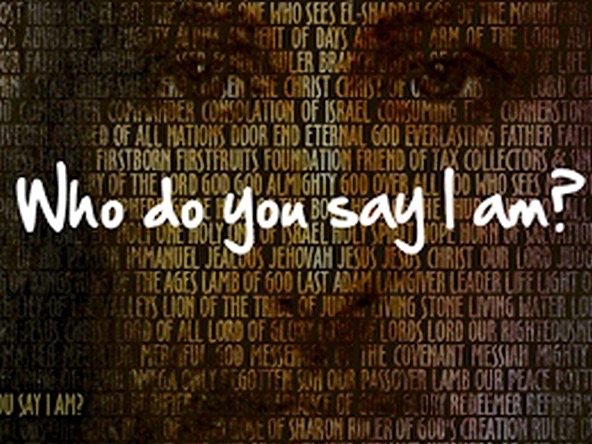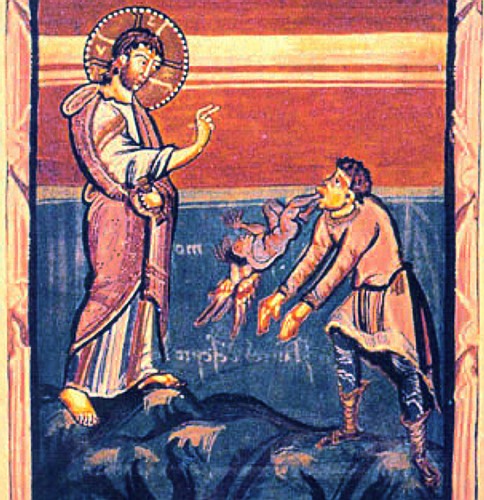Lenten Reflection Day 17 (Mar 10): GOING OUT and COMING IN (from Psalm 121).
SONG: Come and Go by Juice WRLD & Marshmello (caution: some explicit lyrics): https://youtu.be/Dxm3cHrKcbA POEM: Dana Levin: You Will Never Get Death / Out of your System (excerpt): How old is the earth? I asked my machine, and it said: Five great extinctions, one in process, four and a half billion years. It has always […]


